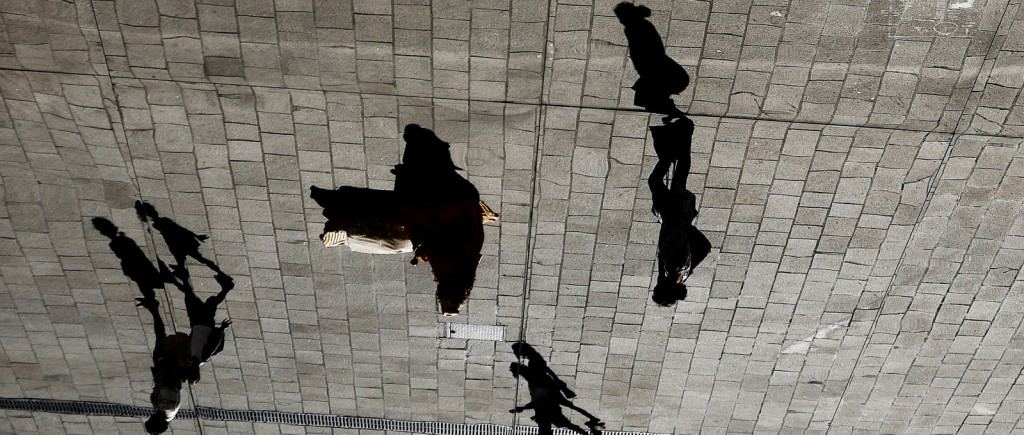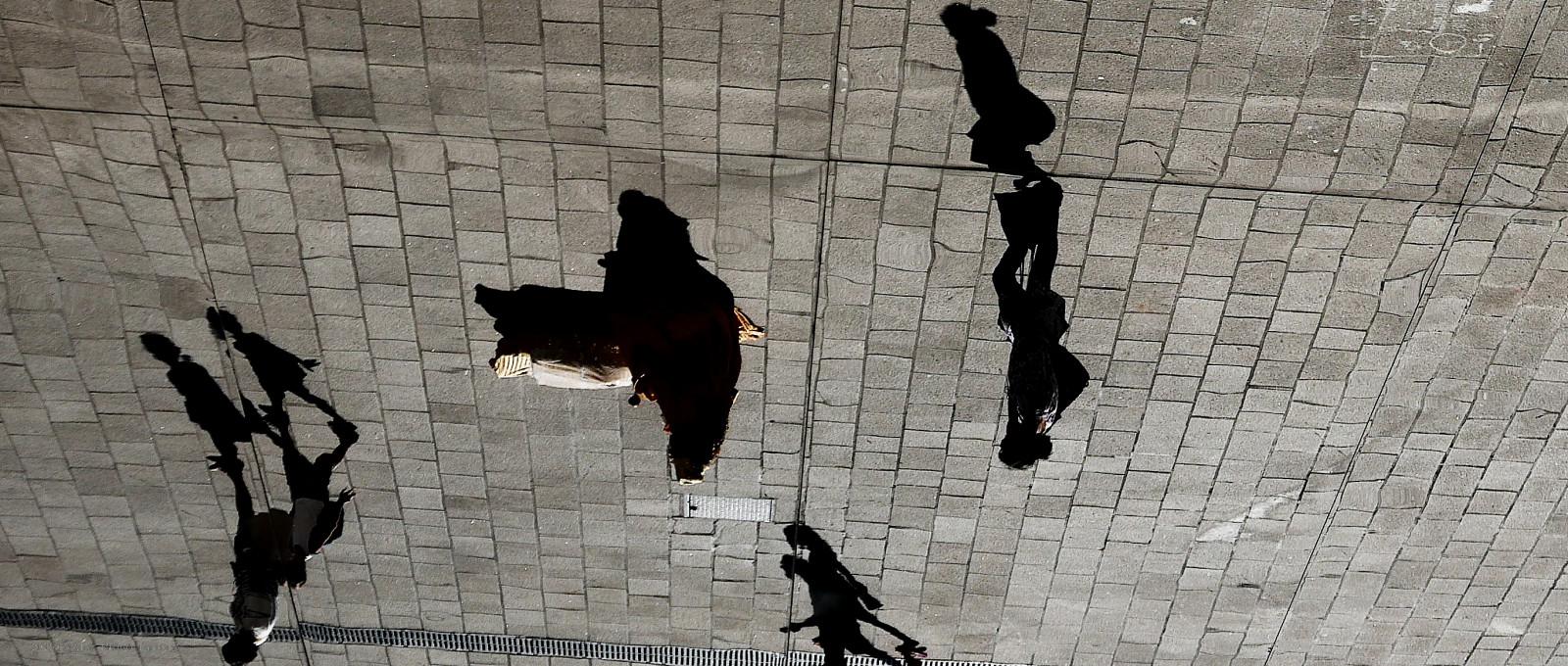
Please find below a CFP for the forthcoming EURA conference ‘City lights. Cities and citizens within/beyond/notwithstanding the crisis’, Turin (Italy), 16-18 June 2016 (http://www.eura2016.org/).
500-word abstracts should include title, keywords, name of the author(s), affiliation and full contact details, and should be sent to both Michele Lancione (ml710@cam.ac.uk) and Elisabetta Rosa (elisabetta.rosa@mmsh.univ-aix.fr) no later than Thursday, 26 November.
A PDF of this CfP can be downloaded here.
Committed Positioning. Politics, activism and ethnographic encounters in the contemporary city.
Michele Lancione, University of Cambridge (ml710@cam.ac.uk)
Elisabetta Rosa, Aix-Marseille University (elisabetta.rosa@mmsh.univ-aix.fr)
We enter the field and have not a clue about the people standing in front of us. We have read about them – the people and spaces we have decided to ‘study’ –, and perhaps we have met them previously, but now things have changed. Set down in the mists of the field, we are now faced with the possibility of encounter: things can go wrong; people may not understand us and we may not understand them, and ethnography may suddenly cease to be an exciting exploration and turn into a painful and stressful endeavour. In its most basic form, positioning might be understood as the negotiation of this encounter: a fragile process characterised by unbalanced power, criss-crossed by all sorts of ethical implications. But at another, deeper level, positioning is first and foremost about questioning the meaning and relevance of that encounter. Namely: why have we decided to enter the field in the first place? Why have we done it here, with these people and spaces? Why, in other worlds, do we do ethnography and what do we aim to achieve with it?
These questions are anything but a novelty. In geography, they have been discussed for decades by scholars interested in bringing to light the responsibilities, meaning and potential associated with the ethnographic encounter (Caldeira 2009; Cloke et al. 2000; Herbert 2000). Positioning has thus been understood as matter of announcing oneself in the field (McDowell 1992); as a form of reflexivity (Cloke et al. 2000); as a matter of objectivity about the scope and limit of knowledge (Haraway 1988); as aiming to establish ‘constitutive negotiations’ (Rose 1997), and as a way to fictive distinction between ‘researcher’ and ‘researched’ (Butz and Besio 2009). Expanding these lines of thinking, scholars have advocated in favour of an action-oriented form of ethnography (Katz 1994), where the boundaries between activism and academia blur (Routledge 1996), and in favour of a research approach oriented towards the production of radical actions and outputs, through the use of creative methodologies as well (Eshun and Madge, 2012). Our Call for Papers sets out to explore the role of positioning in making ethnography more relevant to the people and spaces it studies. We argue that radical, engaged, meaningful ethnography does not come naturally, but arises out of what we might call a ‘committed’ form of positioning: a relational oeuvre that requires time, involvement and adaptation; that involves stress, joy and a psycho-emotional burden, but that most of all calls for a strong political ethos to fuel the action/research process (Lancione, forthcoming).
We are interested in exploring the link between positionality and urban ethnographic research/activism. We are looking for papers that freely and openly discuss the limits on and opportunities for pursuing political agendas through ethnographic work, questioning the role of positioning in doing so, and recounting (on the basis of first-hand experience as well) the personal difficulties encountered in making urban ethnography matter. We welcome in particular interdisciplinary, creative and non-academic contributions, as well as contributions from under-represented groups. Abstracts should cover one or more of the following points:
- The intersection between positioning and urban politics
- The intersection between positioning and activism/research
- Theory of positionality in – and from – the urban South
- Theory of positionality in – and from – gender studies
- Radical urban ethnography – and radical urban ethnographers – today
- What kind of methodology for what kind of positioning?
- The physical, emotional and psychological burden of committed positioning
- Case studies showing details (limits and achievements) of committed positioning
500-word abstracts should include title, keywords, name of the author(s), affiliation and full contact details, and should be sent to both Michele (ml710@cam.ac.uk) and Elisabetta (elisabetta.rosa@mmsh.univ-aix.fr) no later than Thursday, 26 November.

